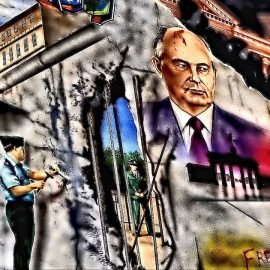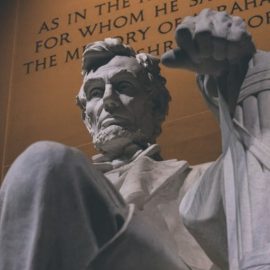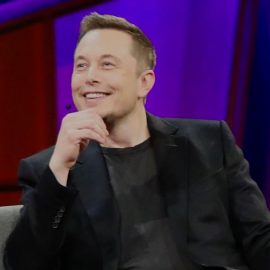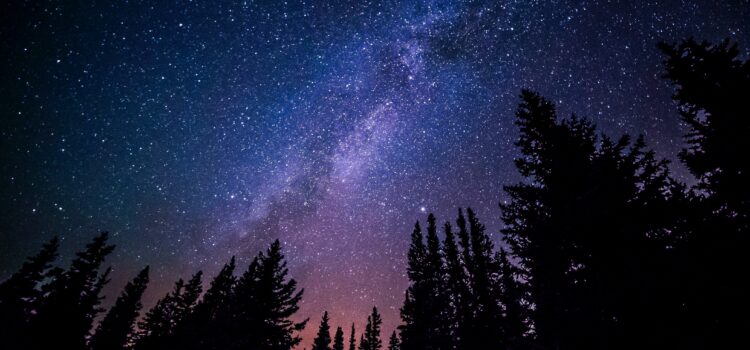
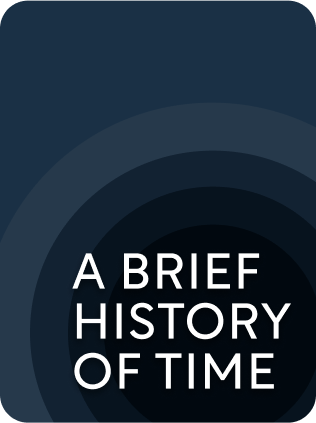
This article is an excerpt from the Shortform book guide to "A Brief History of Time" by Stephen Hawking. Shortform has the world's best summaries and analyses of books you should be reading.
Like this article? Sign up for a free trial here .
How did the universe begin? And how do we know that the universe had a beginning in the first place?
The beginning of the universe has been debated by philosophers and theologians since the beginning of recorded history. But there’s no more need to continue the debates on the subject. We now know that the universe had a beginning.
Without further ado, here is a simple explanation of how our universe began.
Did the Universe Have a Beginning?
In 1823, the German astronomer Heinrich Wilhelm Olbers noted that if the universe were infinite, static, and eternal, as was believed at the time, the sky would be blinding white light—because in an infinite universe, there would be an infinite number of stars. Every line of sight would end at a star. This paradox pointed the way toward an understanding of the universe as finite, expanding, and with a definite beginning point in time. The reason we aren’t blinded by light when we gaze at the sky is that the light from some stars hasn’t reached Earth yet. And if this is the case, then the universe must be finite and there must have been some point at which the stars “turned on” and the universe began. The beginning of the universe is what we now know as the Big Bang.
In 1929, the American astronomer Edwin Hubble confirmed this theory through observation. Hubble discovered that the universe was expanding by observing the “red-shifting” of distant galaxies—the movement of their light toward longer, red wavelengths, indicating movement away from us.
Moreover, the galaxies were not moving at a constant rate. The further away they were, the greater the red-shift. The furthest galaxies were moving the fastest! The universe could not be static and infinite—it had to be finite and expanding (because if it’s expanding, there has to be some boundary at the edge of expansion, something that lies beyond the universe).
And if it was in a state of expansion, this meant that there must have been a time before the initial expansion (the Big Bang), which means that the universe must have had a beginning.
After the Big Bang
After the initial Big Bang explosion, the universe was incredibly hot, meaning that particles were moving too quickly to merge together to form protons, neutrons, atoms, and molecules. But as the universe expanded, it began to cool, and the particles slowed down. This led to a series of nuclear fusions, in which stars were formed, as well as more complex elements like hydrogen and helium (this all would have taken place within mere milliseconds of the Big Bang). After just a few hours, most of the hydrogen and helium in our universe today were created, concentrated in enormous clouds.
Eventually, as the universe continued expanding and cooling over the next few million years, these massive clouds collapsed under their gravity, catalyzing a new series of nuclear reactions. Moreover, the first generation of stars began to suffer gravitational collapse within roughly 100 million years after their creation, throwing off mass and energy as they died. Through these combined effects, some of the heavier and more complex elements produced in the cores of this first generation of stars were blown off into space in explosions called supernovae. Through gravitational attraction, the fallout from the supernovae formed second-, third-, and fourth-generation stars like our own, as well as planets like Earth.
Eventually, elements like oxygen were formed on the cooling Earth, combining with the abundant hydrogen to create water and the other necessities of intelligent life. From there, astrophysics yields to evolutionary biology and human history to tell the rest of the story of how we got here.

———End of Preview———
Like what you just read? Read the rest of the world's best book summary and analysis of Stephen Hawking's "A Brief History of Time" at Shortform .
Here's what you'll find in our full A Brief History of Time summary :
- The search for a theory that explains the history and evolution of our universe
- Stephen Hawking's discussions about time, space, dimensions, and quantum theory
- How time travel would theoretically work



